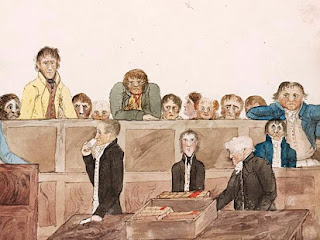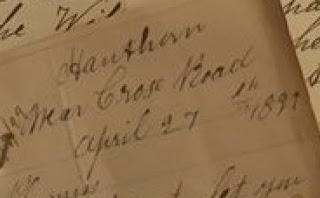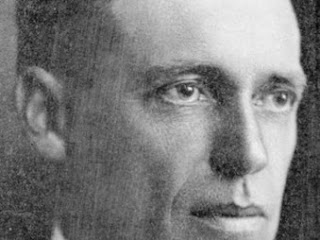[We have the following announcement. DRE]
39th Annual Conference of the Australian and New Zealand Law and History Society
Join us for an intensive 1 day world-wide gathering devoted to law in history on 9 December 2020, hosted by Event Services at the University of Auckland, Aotearoa New Zealand
Keynote plenary sessions will feature:
Joshua Getzler, Oxford University, on "Six Nations of the Grand River, military feudalism, and the roots of 'honour of the Crown'"
Miranda Johnson, Otago University, on "Reckoning with a Pacific empire state: Race, nation, citizenship and the idea of New Zealand"
A Closing Address by Dame Sian Elias, former Chief Justice of New Zealand
The organisers have accepted 39 individual papers and 7 panel presentations. They will be run in four concurrent parallel sessions throughout the day. The programme will be uploaded to the ANZLHS website page shortly.
The timings will be specified according to the NZDT time zone - which is UTC+13. We have attempted to time presentations so that are as reasonable as possible for the presenters (but will be difficult for some). The conference will begin at 9.00am and conclude at 7.00pm NZDT.
To cover Event Services charges, and to ensure a high quality of digital platform delivery utilising Zoom, Vimeo and Twilio, we are asking all attendees to pay a modest registration fee. In addition, the rules of the ANZLHS require all presenters to pay the Society's 2020 annual subscription. So 'full member registration' applies to presenters who have paid the 2020 Society subscription in advance; 'full non-member registration' applies to presenters (some of whom will have been members in the past) who have not yet paid the 2020 Society subscription. We are waiving registration fees for postgraduate student presenters. The portal for registrations will be launched shortly through the website page. The cost for registration is as follows in $NZ:
Full member registration: $130; Full non-member registration: $ 215; Full-time post graduate presenters: Fee waiver; Attendance only registration: $130
Graduate students are invited to apply for Kercher Scholarships. Five scholarship awards will be made that may adorn your cv even though there is no monetary element to the scholarship this year. Please apply to Katherine Sanders: k.sanders@auckland.ac.nz by 20 November if you have not already applied. Graduate attendees may also wish to enter their paper for the Forbes Society Prize. The Society's peer-reviewed journal law&history will consider submissions from those who present papers at the conference. In the meantime further information about the conference may be gleaned from David Williams: dv.williams@auckland.ac.nz












